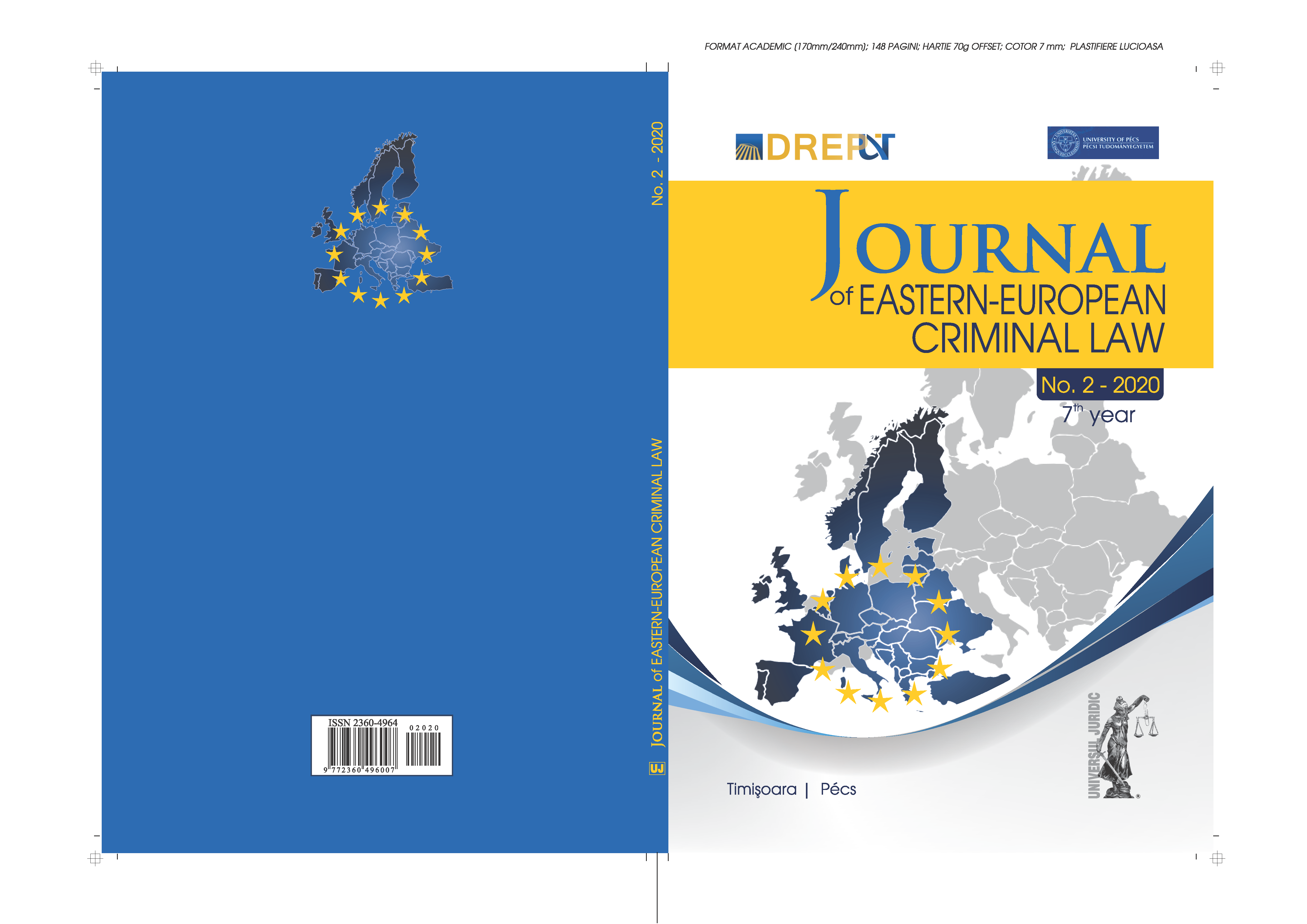A New Right in Criminal Procedure Implied by Human Dignity: The right to Non-Automated Judicial Decision-Making
A New Right in Criminal Procedure Implied by Human Dignity: The right to Non-Automated Judicial Decision-Making
Author(s): Silvia SignoratoSubject(s): Law, Constitution, Jurisprudence, Civil Law
Published by: Universul Juridic
Keywords: human dignity; robotic decision; right to non-automated judicial decision-making in criminal matters; Article 11 of Directive (EU) 2016/680; algorithm; machine learning;
Summary/Abstract: The right to respect for human dignity is a fundamental right that gives substance to all other rights. Human dignity is inviolable. It prevents any reification of man and postulates respect for the Kantian categorical imperative, which states that «Act in such a way that you treat humanity, whether in your own person or in the person of any other, never merely as a means to an end, but always at the same time as an end». However, information technology poses new challenges regarding human dignity. This article analyses this issue in relation to the possibility of criminal judgements being issued by machines. In some cases, this kind of judgement is considered acceptable by Article 11 of directive (EU) 2016/680. However, a question must be asked: Does such automated judicial decision-making respect human dignity or not? The article shows the incompatibility of robotic decisions with the right to respect for human dignity. Consequently, Article 11 of Directive (EU) 2016/680, in that part in which it admits that such judgments can be issued if authorized by Union or Member State law, should be regarded as unlawful.
Journal: Journal of Eastern European Criminal Law
- Issue Year: 2020
- Issue No: 02
- Page Range: 9-16
- Page Count: 8
- Language: English
- Content File-PDF

